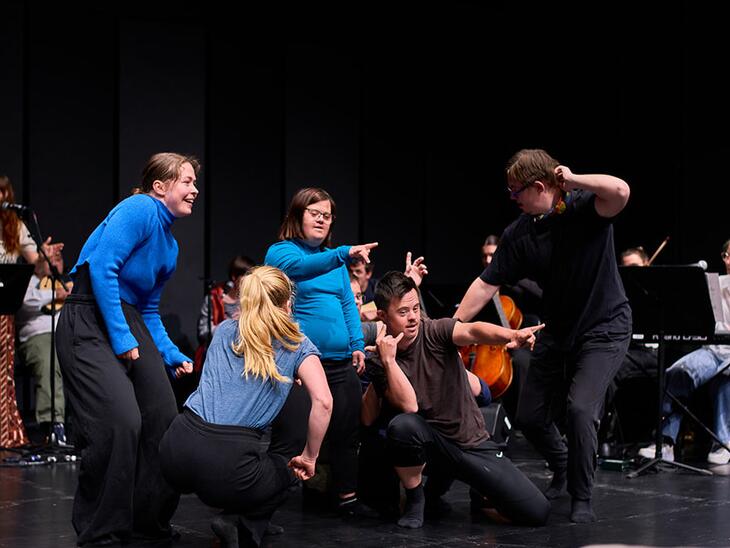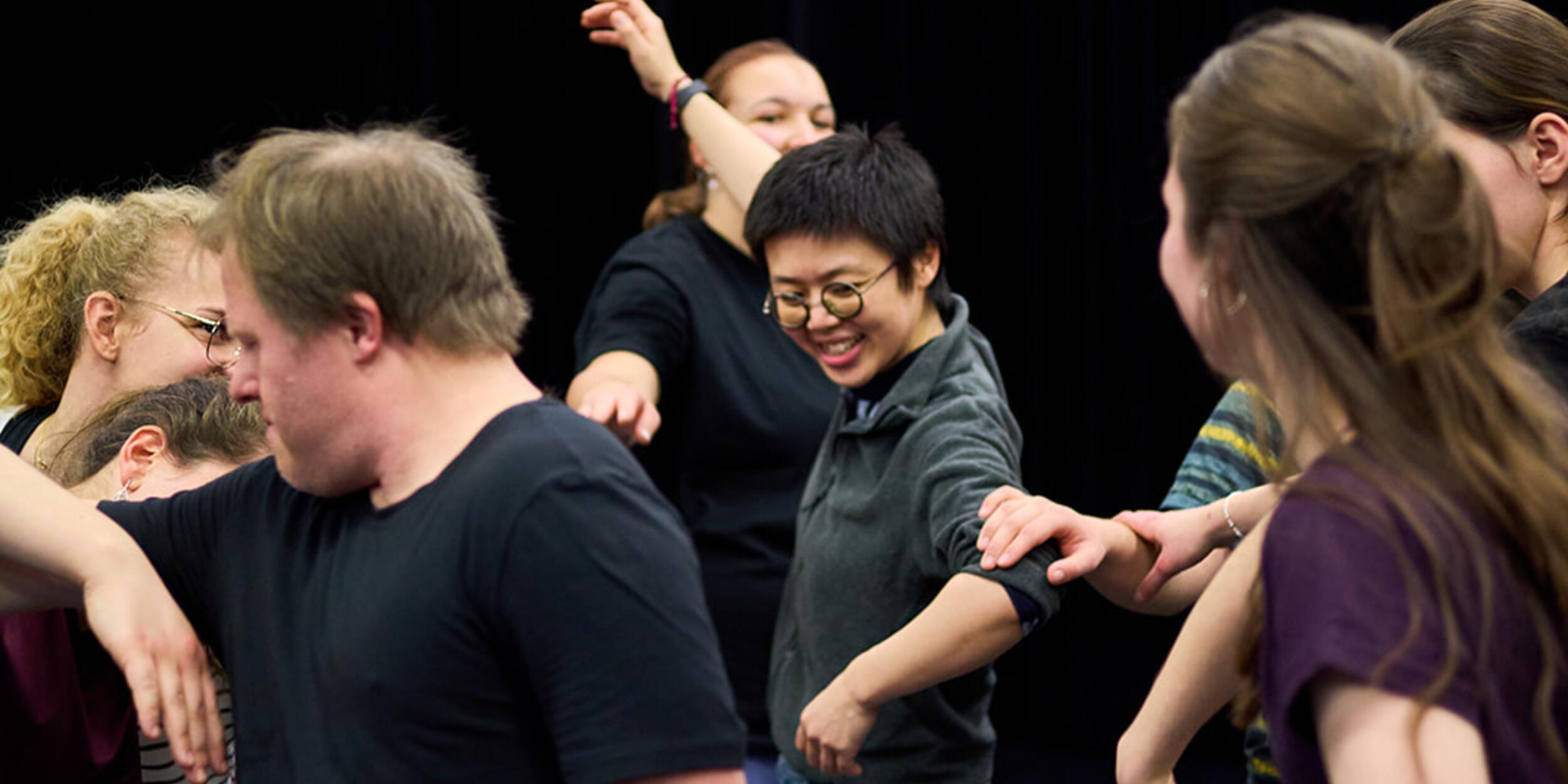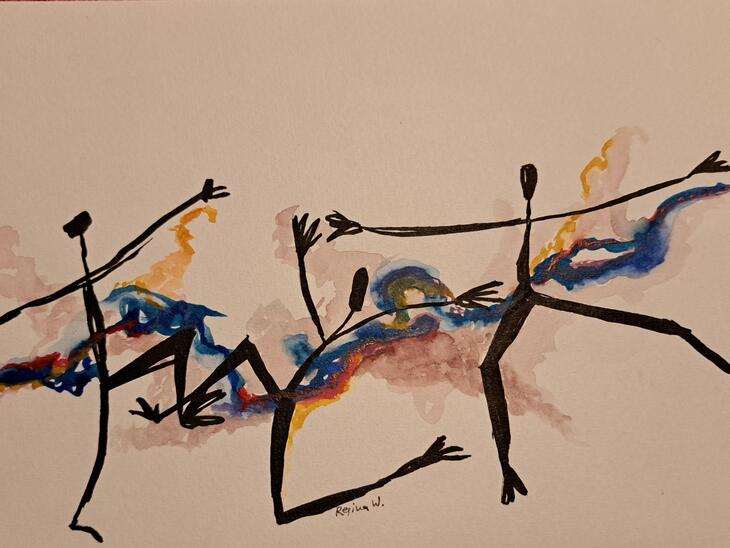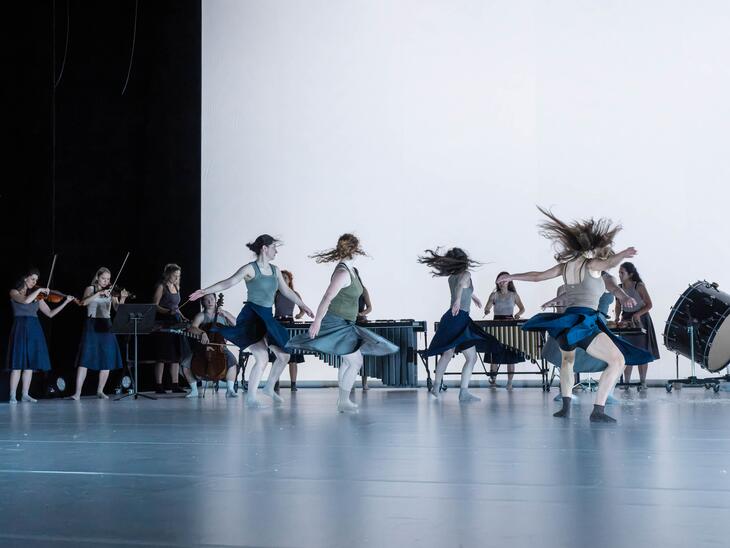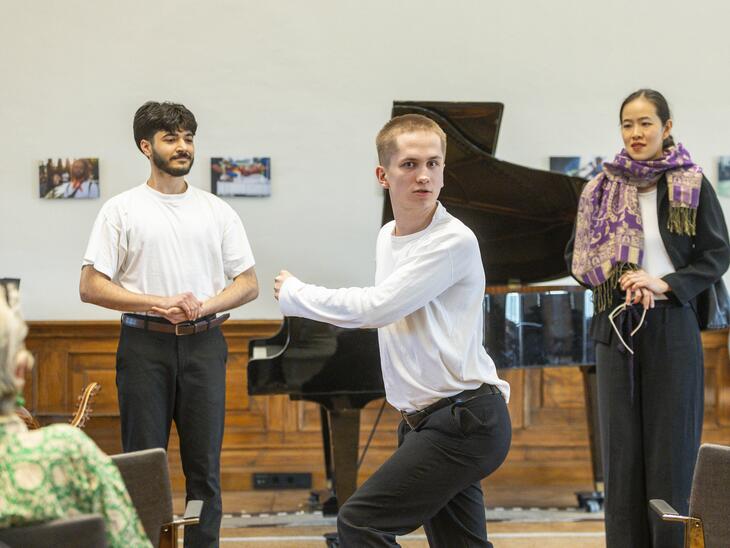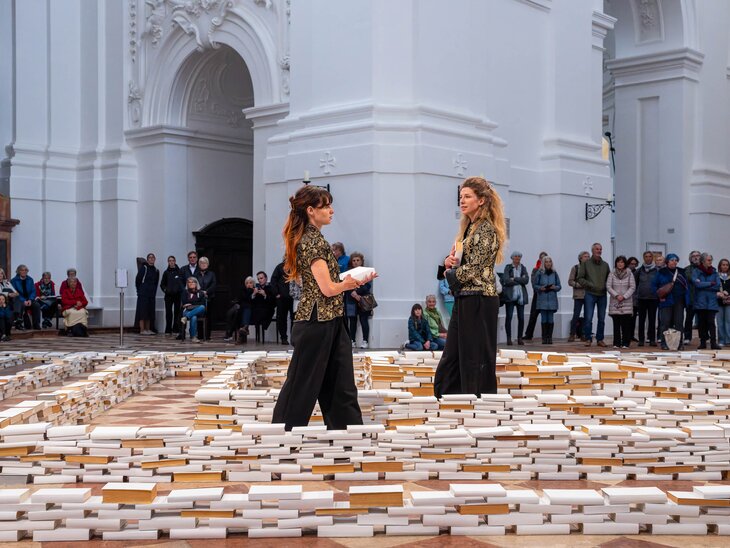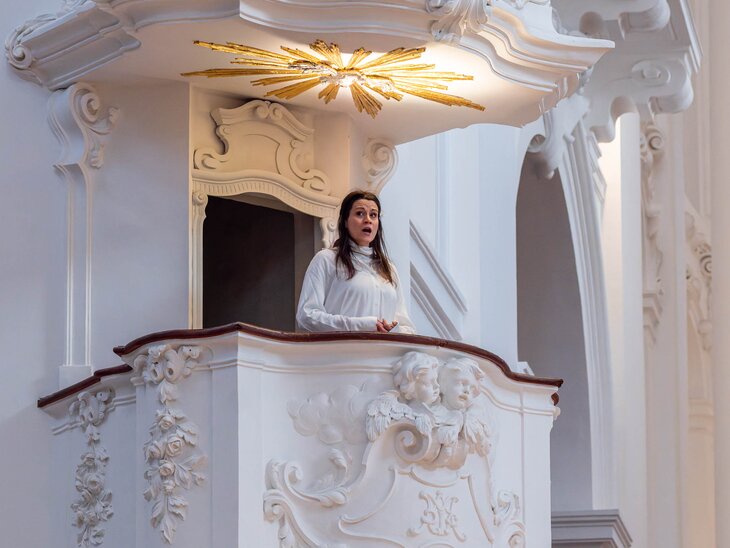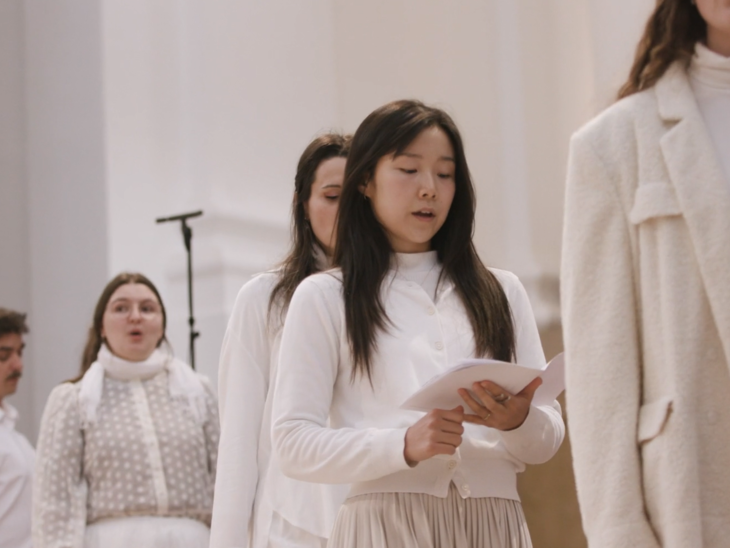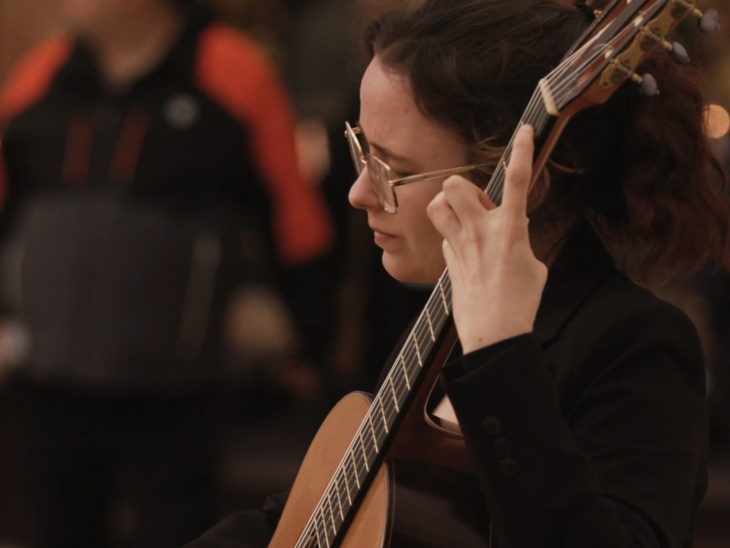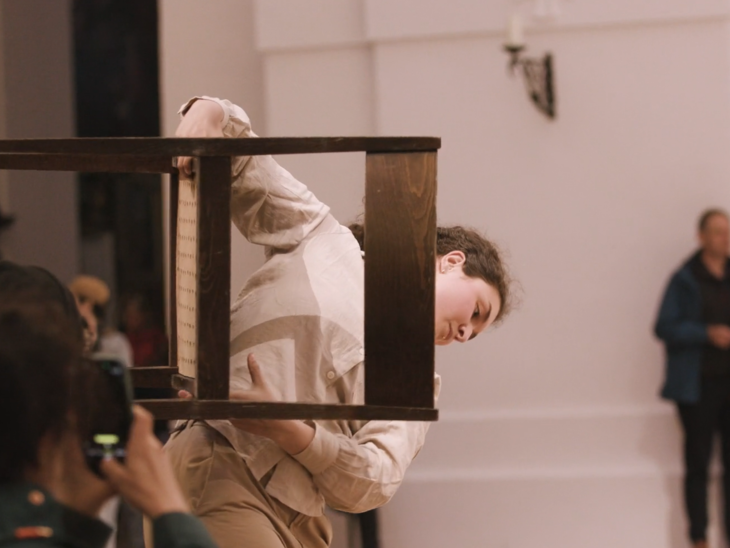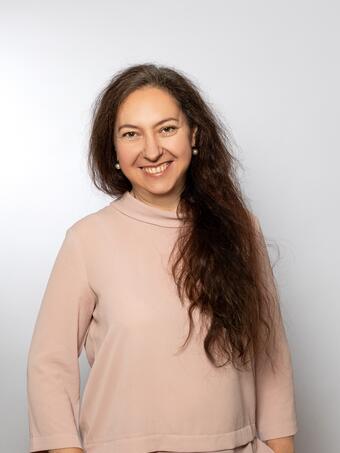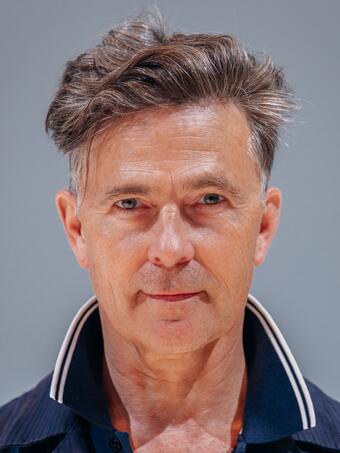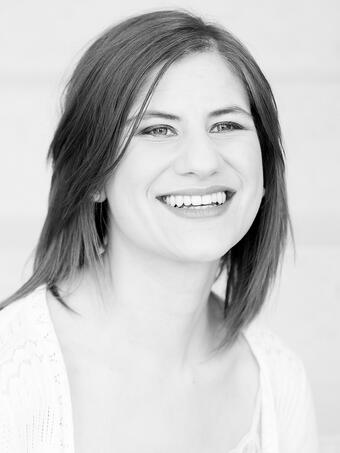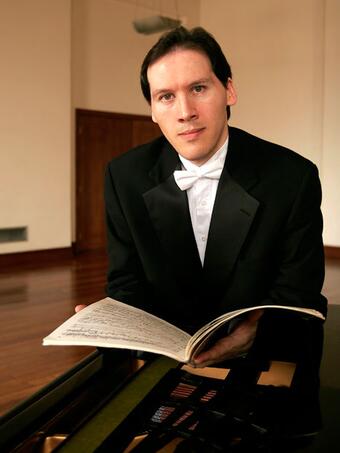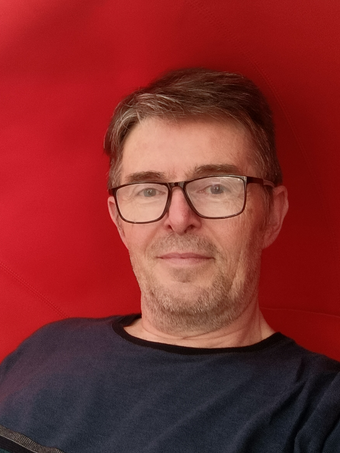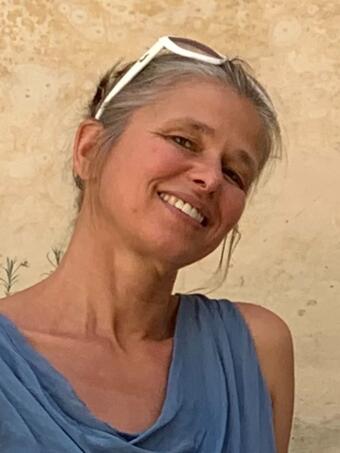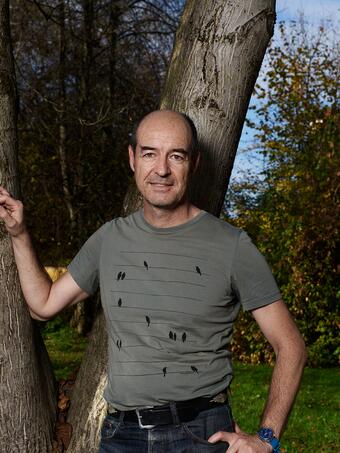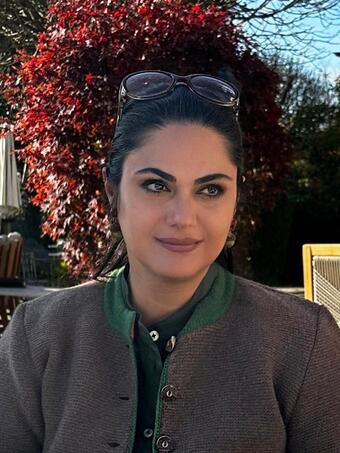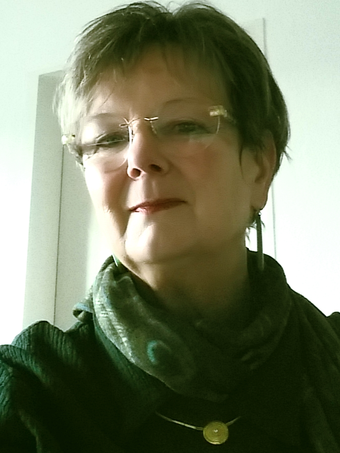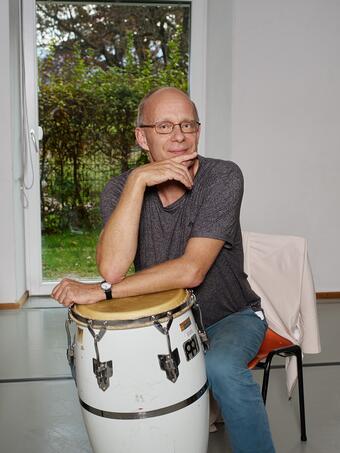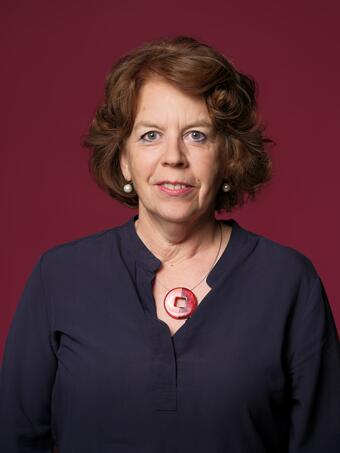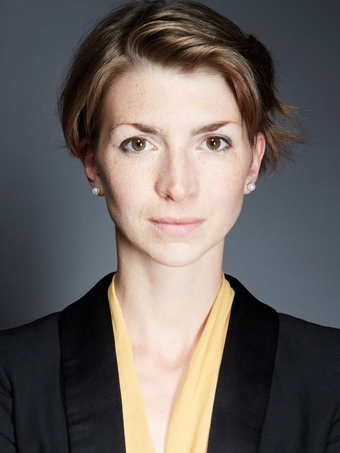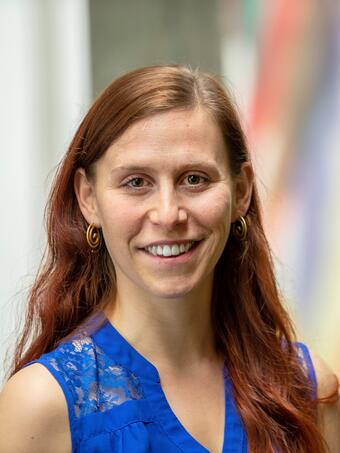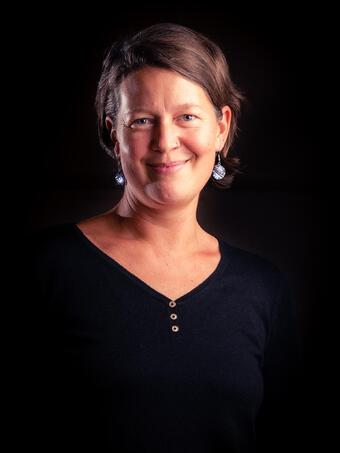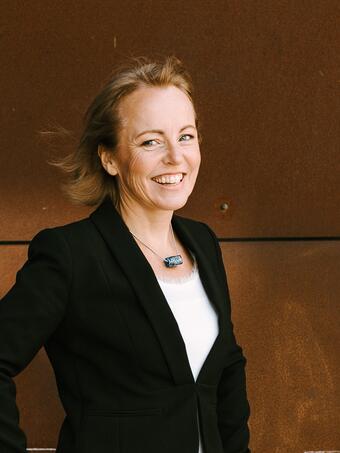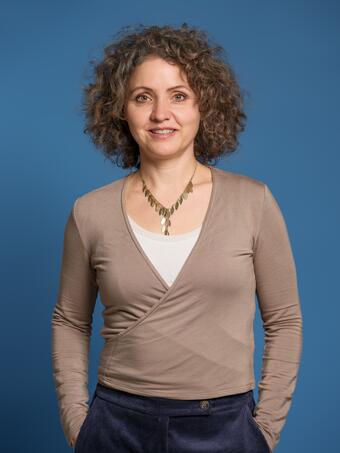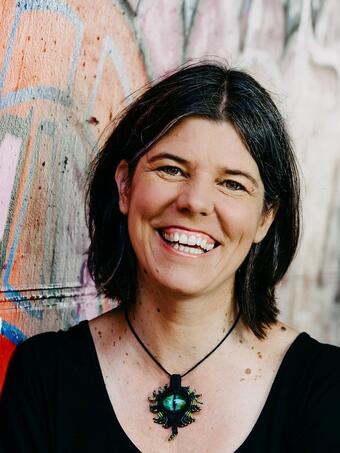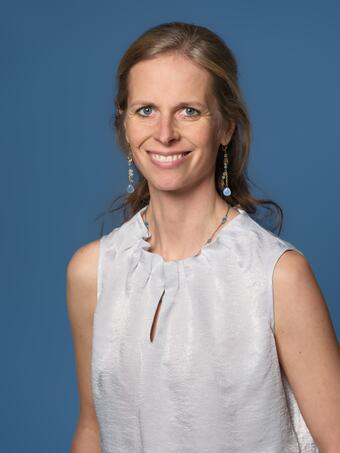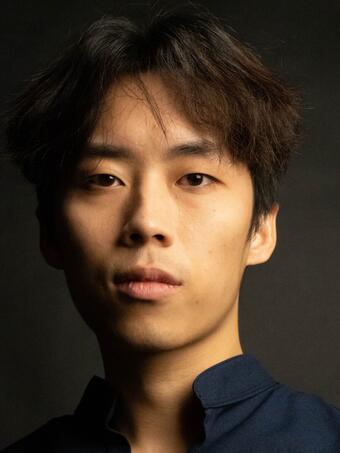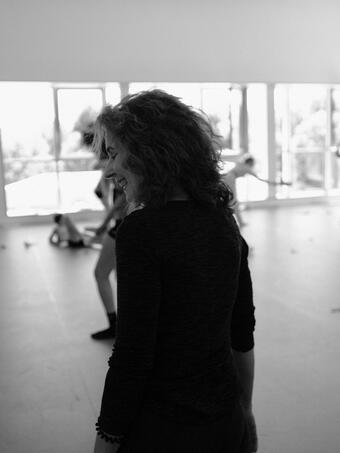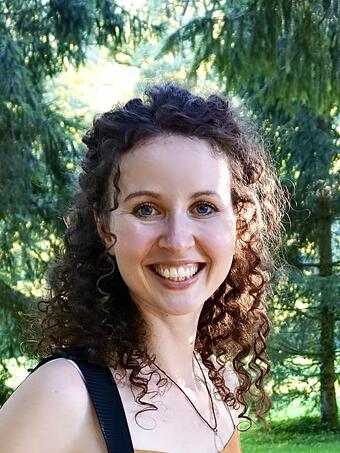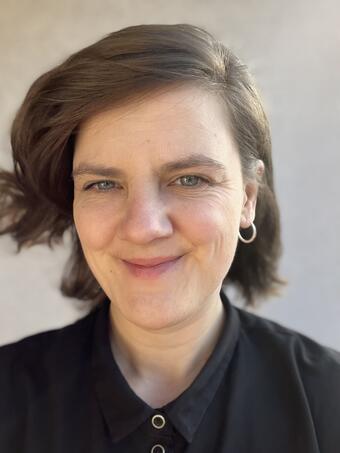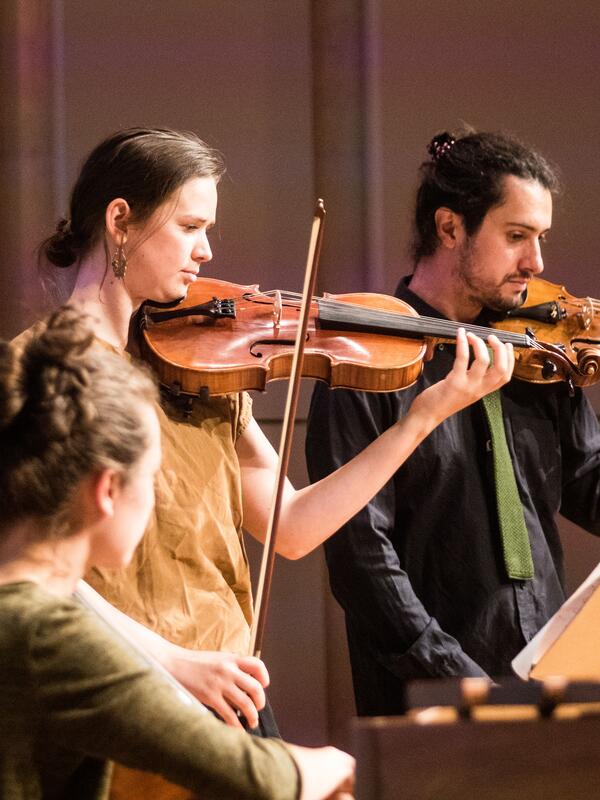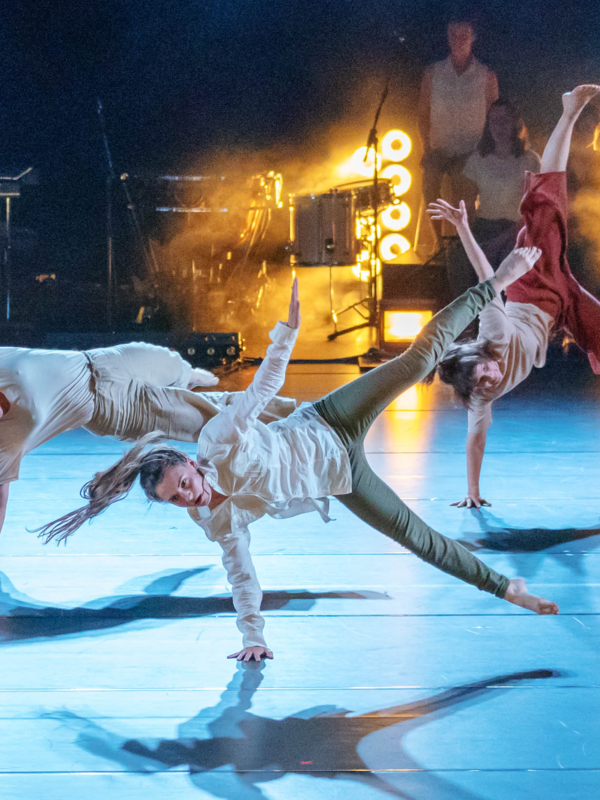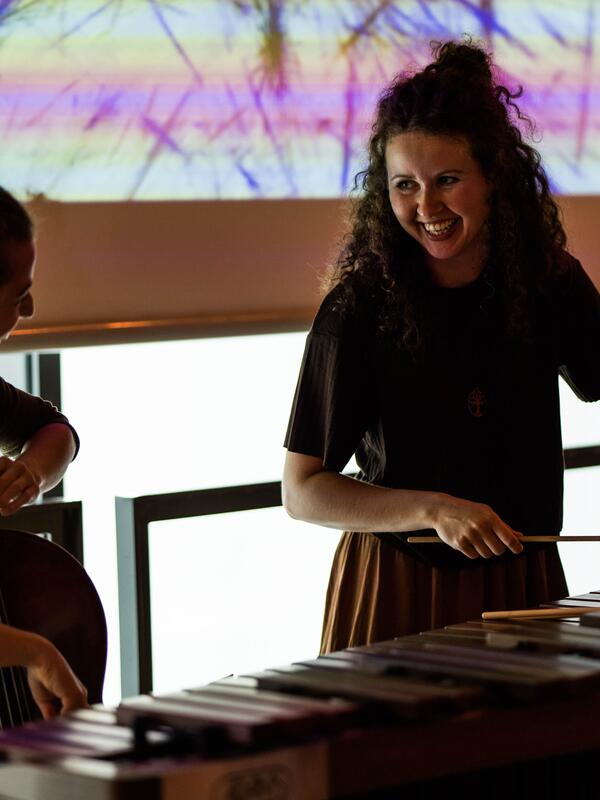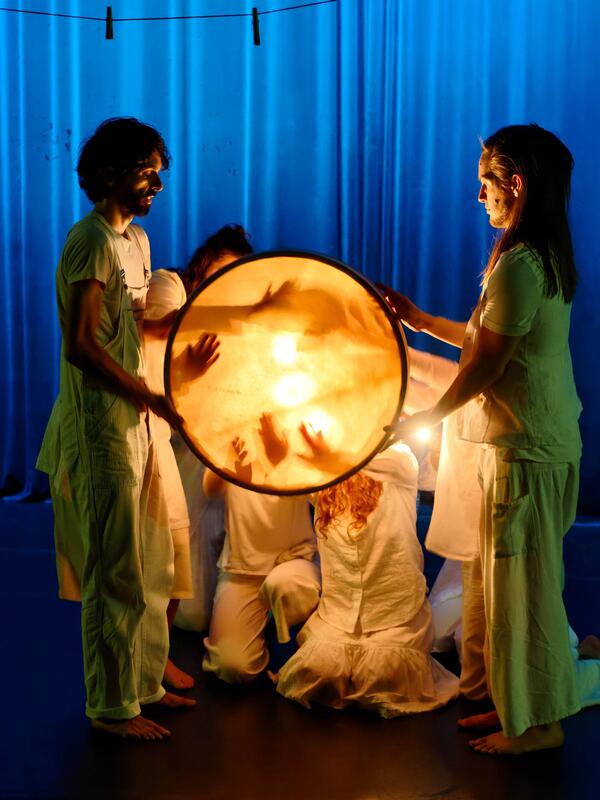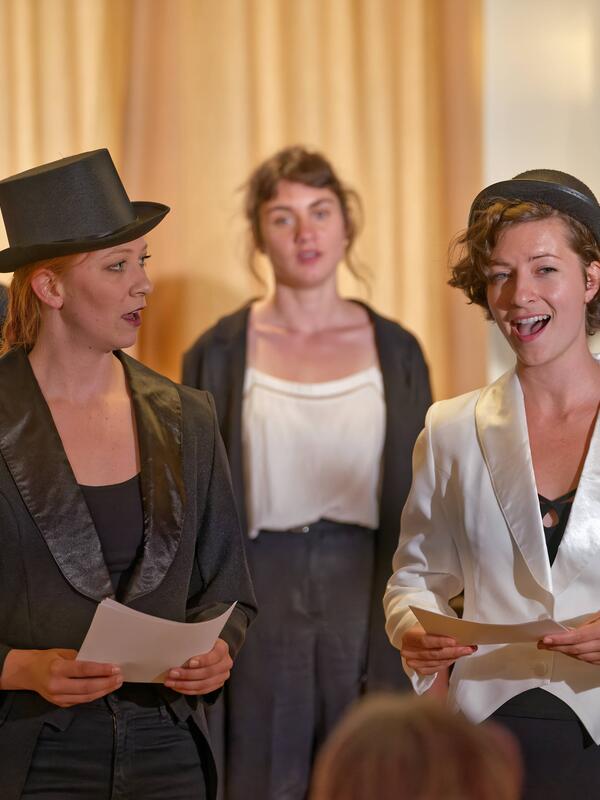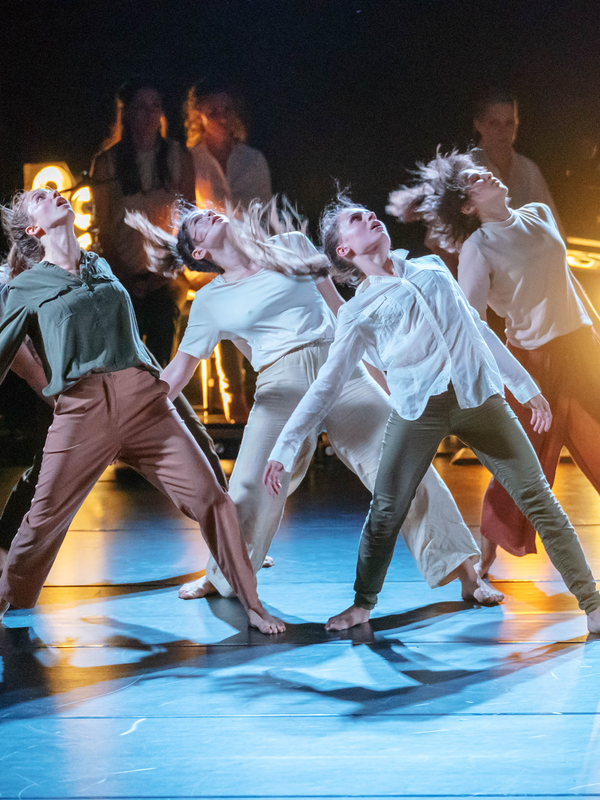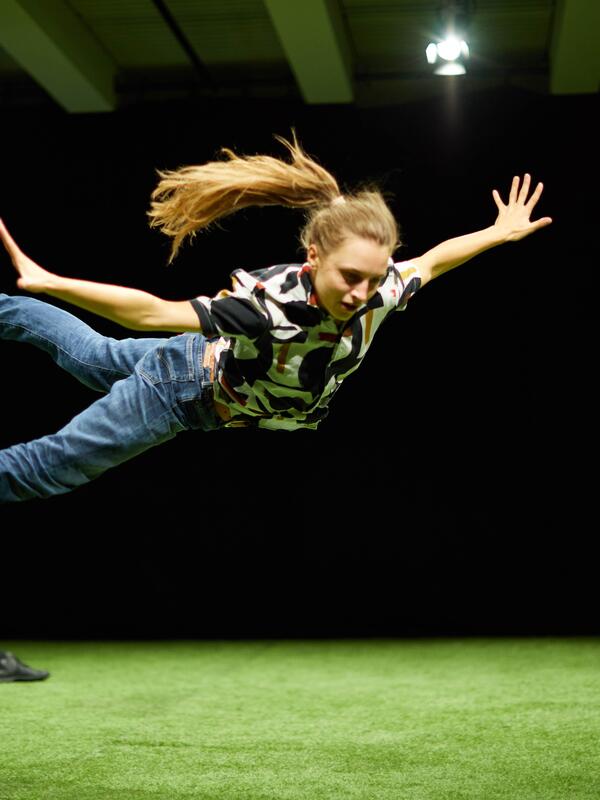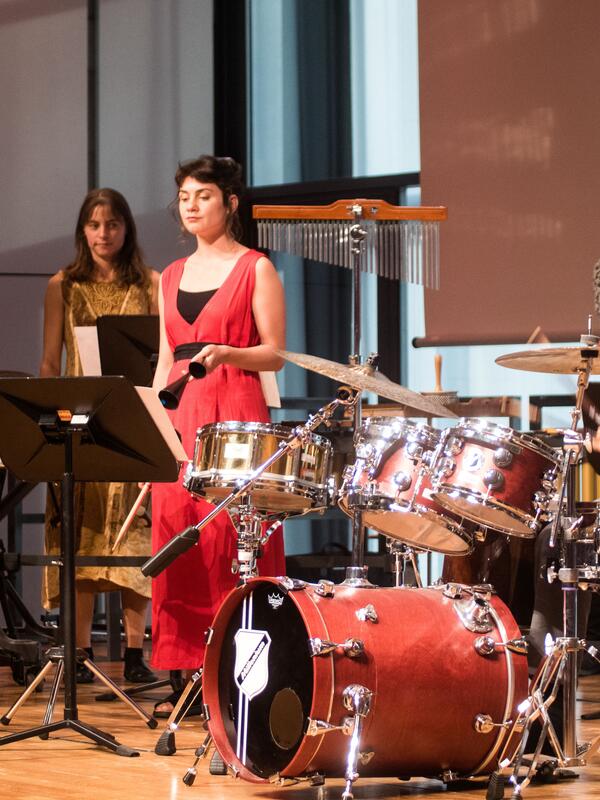Students will expand their range of skills in the areas of teaching and academic research by critically analysing and systematically examining selected topics in elemental music and dance education and related fields. Students will also become more familiar with the work on artistic projects conceived for specific target groups.
The programme aims to develop students’ aesthetic/artistic skills, didactic competences and academic research skills. Students will engage critically with research findings and current practices in cultural education, expanding their knowledge as well as their technical and creative skills. They will become familiar with the range of approaches to music, dance and language that are grounded in the basic ideas of the Orff-Schulwerk, learning to apply them professionally and integrate them into their own educational contexts. They will reflect on their activities in arts education on the basis of current theoretical discourse.
The programme includes artistic and didactic courses, as well as courses in theory and academic research. Students will critically analyse research findings and current practices in cultural education and expand their knowledge and their technical and creative skills. The programme systematically analyses and evaluates various theoretical, artistic and pedagogical aspects of elemental music and dance education.
Applicants to the programme are required to have completed a bachelor's degree as well as the University Course in Advanced Studies in Music and Dance Education – Orff Approach; they must also be able demonstrate several years of relevant professional experience. The course is geared toward teachers of all disciplines as well as musicians and dancers who are interested in the creative use of music and dance in their field of activity - especially in ways that reflect the principles and values of the Orff-Schulwerk. Suitable applicants include people who are drawn to developing artistic/educational projects and gaining experience in scholarly research.
The programme opens up a range of career prospects in schools and extracurricular education: in pre-primary, primary and secondary education, in music/dance education, at music schools, in educator training (e.g. teacher training and continuing education, or in higher education), as well as in inclusive education, cultural activities and media work. In addition, it furthers personal development and promotes cooperation, as well as the acquisition of social, leadership and organisational skills. It also gives participants the opportunity to shape artistic, intercultural and social development processes in a diverse society.
Graduates are able to convey the concept and working methods of the Orff-Schulwerk in a competent and contemporary manner and to work with different target groups. They contribute to the continuing development of the Orff-Schulwerk with exceptional standards. Equipped with newly acquired and seasoned knowledge and skills, they enrich educational and cultural practices and contribute to the cultivation of the creativity-orientated, culturally considerate and diversity-sensitive work that defines Elemental Music and Dance Education. Having broadened their professional prospects, they can expect increased advantages in the labour market. Furthermore, due to the deeply meaningful, creative and artistic nature of the content, the programme can contribute to better overall health – serving to impede burnout, a condition that largely affects teachers, and helping to maintain physical health through active movement and dance.
In particular, the following competencies are acquired during the four-semester university course programme MA (CE):
- The ability to plan and implement interdisciplinary and transdisciplinary teaching practice, taking into account heterogeneous groups, and to evaluate it with regard to theoretical discourse.
- The ability to understand and apply the theoretical principles and concepts of gender studies, inclusive education, and social/cultural diversity to the context of teaching.
- The ability to critically analyse theoretical approaches to Elemental Music and Dance Education and related fields of research and to further these in the form of independent academic work.
- The ability to develop, implement and reflect on artistic concepts and formats in the context of elemental music and dance pedagogy, both individually and collaboratively.
